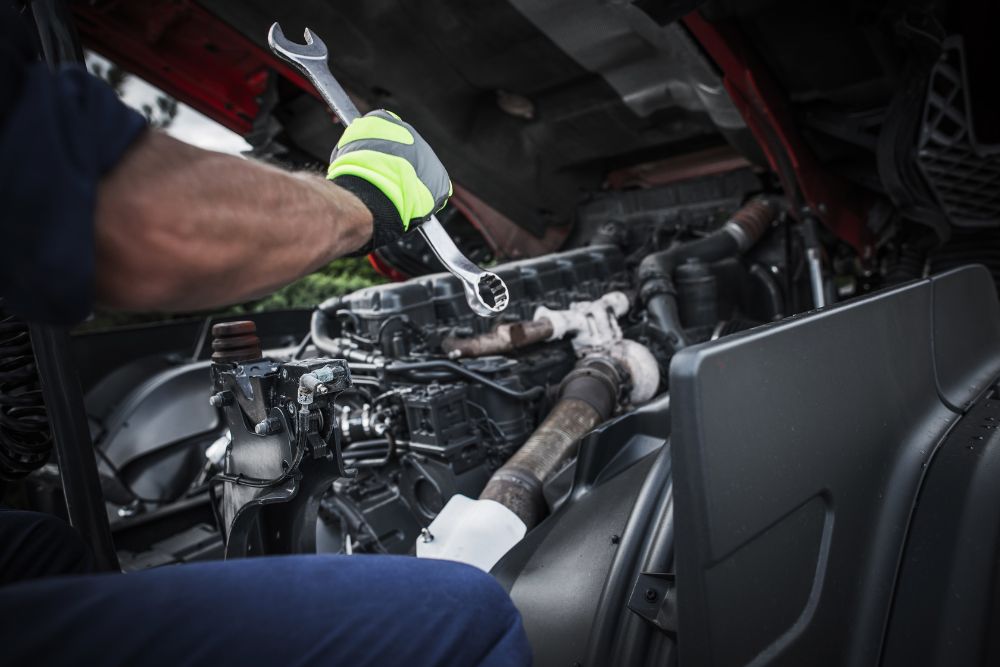The car hauling industry offers lucrative opportunities for those who are willing to invest the time and effort to get started. Whether you’re an experienced truck driver looking to specialize or a newcomer eager to enter the world of vehicle transport, becoming a car hauler can be a rewarding career choice. Here are the first essential steps you need to take to start your journey as a car hauler.
1. Obtain Your CDL (Commercial Driver’s License)
The first step to becoming a car hauler is obtaining your Commercial Driver’s License (CDL). A CDL is required to operate a car hauler safely and legally on public roads. Depending on the size and type of vehicle you plan to drive, you may need a Class A or Class B CDL. Enroll in a reputable truck driving school to receive the necessary training and pass the CDL exam.
2. Secure Your MC Authority and USDOT Number
To legally transport vehicles across state lines for compensation, you’ll need to obtain Motor Carrier (MC) Authority from the Federal Motor Carrier Safety Administration (FMCSA). Additionally, you must secure a USDOT number, which is used to track your company’s safety information. The application process involves completing forms, paying fees, and ensuring you meet all regulatory requirements.
3. Purchase or Lease a Car Hauler
Next, you’ll need to invest in a reliable car hauler. Depending on your budget and business plan, you can either purchase or lease a vehicle. Consider factors such as capacity, fuel efficiency, and maintenance costs when choosing your hauler. It’s crucial to select a vehicle that can handle the demands of transporting multiple cars safely and efficiently.
4. Acquire Proper Insurance
Insurance is a vital component of your car hauling business. You’ll need to secure the appropriate level of liability and cargo insurance to protect your business, your clients, and the vehicles you transport. Minimum liability coverage for car haulers is typically $1,000,000, but it’s wise to consult with an insurance provider experienced in the car hauling industry to ensure you have adequate protection.
5. Set Up Your Business
Establishing your business involves several administrative tasks. Register your business name, obtain any necessary local or state permits, and set up a business bank account. You’ll also need to create a detailed business plan outlining your services, pricing, target market, and growth strategies. Proper business setup ensures you start on a solid foundation.
6. Join Load Boards and Networking Groups
To find consistent work, join load boards such as Central Dispatch, which is specifically designed for auto transporters. These platforms allow you to connect with brokers and shippers looking for reliable car haulers. Additionally, network with other industry professionals, attend trade shows, and join relevant associations to expand your connections and opportunities.
7. Maintain Compliance and Safety Standards
Staying compliant with FMCSA regulations and maintaining high safety standards is crucial for your success. Regularly inspect your vehicle, adhere to Hours of Service (HOS) regulations, and keep detailed records of your operations. Safety and compliance not only protect your business but also build trust with your clients and partners.
8. Market Your Services
Effective marketing can help you attract new clients and grow your business. Create a professional website showcasing your services, customer testimonials, and contact information. Utilize social media platforms to engage with potential clients and share industry insights. Consider offering promotions or discounts to first-time customers to build your client base.
9. Partner with a Professional Dispatch Service
One of the most effective ways to streamline your operations and maximize your earnings is by partnering with a professional dispatch service like Haulaid US. Our dedicated dispatchers help you find the best loads, optimize routes, handle paperwork, and provide personalized support, allowing you to focus on driving and delivering top-notch service.
Ready to Hit the Road?
Embarking on a career as a car hauler requires careful planning and execution, but with the right steps and resources, you can build a successful and rewarding business. At Haulaid US, we’re here to support you every mile of the way. Contact us today to learn how our dispatch services can help you start and grow your car hauling business. Let’s drive success together!













